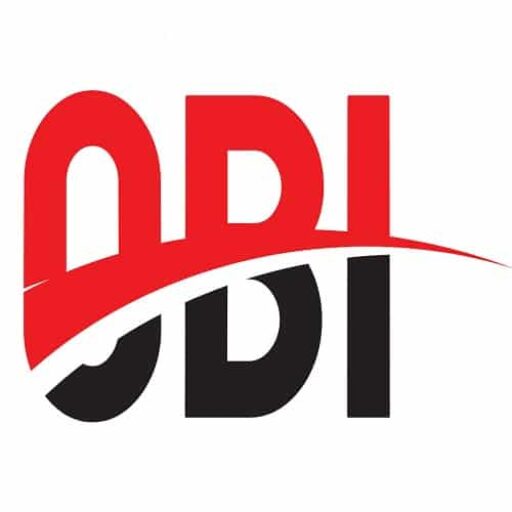Read Chapter Six of the Study Guide
After reading the entire chapter, you are required to answer all the Self-Test questions. You do not need to send us your answers. Please remember that as students preparing for ministry, your calling is not just about gaining knowledge—it’s about developing the character that reflects Christ in all aspects of life. One of the simplest yet most powerful ways to walk in integrity is by honestly and faithfully answering every self-test question in your coursework.
We also encourage you to spend time with the material in the “For Further Study” section. Some of the exercises might be included in quizzes in upcoming lessons.
When you complete the chapter, please visit the Activity Feed and post a comment about something that interested or impacted you while working through the lesson. Your comment needs to be well thought out and consist of at least fifty (50) words. Ensure that you start your comment with the course name and lesson number. You also need to post comments on two other students’ recent course comments.
